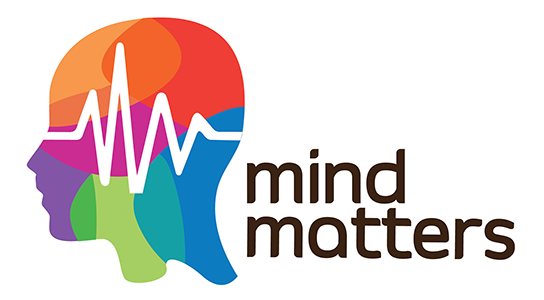 Assertiveness is a skill
Assertiveness is a skill
Assertiveness is not something you have to be born with – we can all learn it. If you would like to communicate more effectively and improve your personal, social and work relationships, our workshops help to achieve that. Being able to communicate assertively means that we respectfully inform others about what we want and what we don’t want. It creates the opportunity for dialogue and compromise, both crucial factors in coming to mutually beneficial outcomes. In personal and social relationships this means we ensure that our needs are heard by others, but we remain open to acknowledging and incorporating their needs as well.
Non-assertive communication such as aggression brings up defensive reactions in others meaning they will stop listening. On the other hand, if you are being passive, saying “No” can be very difficult even if you really don’t want to do something. In both cases you won’t be heard and others are unable to understand what you need.
An important tool in assertive communication is using I” Statements (download a step by step guide here). With this method of communication, we own the feelings caused by other people’s behaviour. This gives us control over the conversation as nobody can tell us what to feel. It does not matter whether the other person believes those feelings are justified or not – they have to accept the fact that we have those feelings caused by their behaviour. Their behaviour is their responsibility, not ours!
Improving Relationships at Work
In work relationships, assertive communication allows us to address any issues that may arise amongst colleagues. If you manage teams and staff, communication is key in keeping them engaged and motivated. By using assertive communication you feel justified to ask for their input, but remain open for any issues they may have. This “firm, but fair” approach is highly effective in fostering loyalty as staff feel included in work processes and decisions. We are also able to set boundaries to ensure that our superiors are aware of what they can expect of us and what not to, thereby preventing unrealistic target setting and avoiding high stress levels.
Feedback from Workshop Participants
“Mind-changing workshop, my feelings were validated and it encouraged me to look into myself. It felt self-empowering!”
“Practising saying No was very helpful to stand firm when I don’t want to comply with someone’s request.”
“I learnt that if we want our kids to be more assertive, we have to treat them differently than just asking them to be obedient.”
“I found the workshop educative, it helped to raise my self-awareness. I also was able to practise insisting on my “no” and to defend it whilst staying as calm as possible.”
“I became aware that my passive communication style was not enabling a dialogue to effect change.”
Workshop Facilitator
Daniela Nicol, a UK-qualified and experienced mental health professional, developed a series of workshops aimed at improving wellbeing in everyday life and at work. Daniela delivers these workshops in a range of settings such as companies, schools, colleges and adult learning centres, obtaining noticeable results.
mind.matters.gh@gmail.com for information on forthcoming events



